Whether your interest is motivated through the mediums of film, TV, comic books or video games, fandoms can be an energetic experience.
We interact with people with a shared common interest, providing perspectives we may not have thought of or imagine. We cosplay, attend comic-cons and secret cinemas knowing we are not alone in that shared passion. We are a witness to creative forms of expressive art by talented artists and writers, extending towards a guided inspiration of becoming better versions of ourselves to even a future job career. Certainly, the last point is worthwhile. As a lifelong fan of The X-Files, ‘The Scully Effect’ has inspired women to join the field of medicine, science and even law enforcement, thanks to the heroic exploits of Dana Scully. It becomes a great illustration on the power of franchises and its fan base reach.
For someone who used to be shy and reserved about my geekiness, with geek culture practically everywhere, there has been an embracing acceptance, especially after years of clichéd stereotypes and ridicule. Being a geek these days is like a badge of honour.
However, in the past couple of years there has been a worrying and disheartening trend regarding fandoms which came to an escalating tipping point regarding Star Wars: The Last Jedi.
Whatever your opinion is about the latest Star Wars instalment is not the real issue. There’s already a wide range of opinions across the internet that stretches that entire spectrum. Whilst the film was far from perfect, in my review I gave justifiable reasons as to why the film largely worked, examining its controversial approach to the mythology and the brave changes made to go against the expected and repetitive status quo. How those changes will be reflected for Episode 9 remains to be seen. But the reaction not only took me by surprise but also went a step too far and crossed the line. Fans launched petitions to remove it from the official Star Wars canon. #NotMyLuke hashtags trending on twitter and dominating timelines. Director Rian Johnson instantly became a target for insulting comments.

This is not just a Star Wars problem. This attitude has spread far and wide if you look hard enough. I painfully remember the abuse the female cast of Ghostbusters received, in particular Leslie Jones who was racially abused online. I’ve seen it with Doctor Who and Steven Moffat’s direction as show runner. With Jodie Whittaker becoming the first female Doctor, the topic has only intensified – “the Doctor can’t be a woman!” they say. Rick and Morty because of its inclusion of female writers to the staff for the third season. Star Trek Discovery and the creative decisions from its costume design to the lead character (played by Sonequa Martin-Green) committing mutiny. James Bond with an entire website dedicated to why Daniel Craig is not “Bond material“. Sherlock, Batman v. Superman, Marvel, DC and even recently with The X-Files and Chris Carter being labelled a misogynist and anti-feminist after a recent Reddit AMA and The X-Files season 11 opener, ‘My Struggle III’.
The voice of discontent has been growing louder each day where the simple existence of a franchise somehow can’t be healthily debated or enjoyed any more. That rage has descended into a war of words conflict that could give the Israel / Palestine debate a run for its money. I could easily talk about the thematic and cinematic influences that Rian Johnson had with The Last Jedi, taking inspiration with Kurosawa from its perspective storytelling right down to Snoke’s bodyguards. I could talk about the visual metaphors of doom such as the “blood in the sand” effect on Crait. But of course, that artful debate gets lost amongst the wall of noise that has been festering beneath the woodwork since the increased use of social media. Because of its intensity, it overshadows everything and dominates all conversations. Like some fandom tribalism, there is no room for nuance, open minds or middle grounds. You are forced to pick a side, wading through comments of petulance, insults and bullying aimed at other members and people who work within the industry. If you liked a film, you’re accused of being paid off by the studio and part of the conspiracy agenda. If you didn’t like something (even if you had genuine concerns) you’re automatically accused and mocked for not being a true fan as if your membership was suddenly going to be revoked. Whether this behaviour is dictated by trolls or by a loyal and banded group of keyboard warriors, as outsiders looking through these toxic and escalating minefields, it can be depressing, uncomfortable and sickening.
There are no simple or clear-cut arguments for this. It blurs between the lines of vision and art, the creative decisions by the creator and the studio, our beliefs and perspectives and the very nature of debate itself. The paradigm has certainly shifted in recent years, most notably with diversity and representation. For example, the female led films of Wonder Woman, The Last Jedi and Disney’s Beauty and the Beast became the top three highest grossing films of 2017, a feat which hasn’t been done since 1958.
Author Henry Jenkins describes it best as a ‘convergence culture’. In his book Fans, Bloggers and Gamers: Exploring Participatory Culture, it’s a moment where fans have become “central to how culture operates”. Fans have become “very good critics” and “theorists” positively protecting and guarding the legacy of our favourite franchises and forging relationships with the mass media. The future success of a franchise is largely dependent on fan participation and investment.
Modern blockbusters and how it is marketed have been driving at the heart of fandoms to build up hype and momentum. But the downside can lead to unrealistic expectations, disappointment and distorted perspectives that goes against head canons and extensive fan theories. Suddenly the protection of the brand properties becomes fiercely vocal that it raises questions of entitlement, obsession and ownership where a minority of fans (with clear and motivated agendas) have become unofficial spokespersons. They believe they should be part of the creative process, dictating every move and having final say.
I had a recent argument with one of my brothers who flat-out hated The Last Jedi. He was disappointed by the film’s take on the mythology, the treatment of certain characters and how it felt less of a Star Wars film in comparison to others. It was a joke in his eyes. As I tried to explain some of the significances, especially how the film looked at the vulnerability of heroes (which was far more in-depth then it had to be for Star Wars) he was quick to point out something. “Are you saying that the 50% fan reaction on Rotten Tomatoes is wrong?”
He’s not wrong. Whether it is Rotten Tomatoes, Letterboxd or IMDB, like an Uber rating we exercise our power and share our marks. However, he’s not right either (sorry bro).
The backlash and the deeply fanatical outrages runs deeper than just the entertainment world, tracing its outline back through society.
We live in an era where everything has become binary, ranked and measured to contribute to the like and dislike scale (also known as “this is the best film ever” or “this film sucks” culture). The metrics we use to cherry pick our statements are subjectively open to interpretation to shape whatever narrative we want. Films such as It Follows and Under the Skin have been given a 6.9 and 6.3 rating on IMDB respectively. Does that make them bad films? The obvious answer is no but to a viewer, they may perceive it to be bad when in reality it’s not. We live in an era of promised, formulaic and mystery box storytelling where A+B MUST equal C and nothing else (e.g. Rey must be a Skywalker/Kenobi or related to Snoke to have Jedi powers). It must be spelt out and spoon fed and not left to interpretation. We live in an era of the nit-pick and click bait generation where everything is over-analysed (or under) and critiqued to an extreme level where it becomes a source of income for outlets. We live in an era where snark and insults have become the new form of criticism where it’s easy to criticise but harder to articulate that criticism. It’s not to say this is a brand new, out of the blue concept but the tools to output those opinions are becoming easier with almost zero consequences. Whether it is politics or sports, the entertainment world just becomes another easy subset to vent those frustrations.

Somewhere along the line, the art of respect and perspective has been lost and suddenly it has become the accepted norm. We all know art is subjective. Seeing a painting on the wall at the Tate Modern could be terrible in your eyes and genius to another. But the inability to see pass nostalgia and a lack of understanding is damaging especially when the very nature of films and TV shows and its methodologies are constantly changing.
It’s easy to makes statements such as “it’s only a film/TV show”, “ignore them” and “they should get a life”, but sadly it is not as simple as that. It might be considered as an over-reaction but on some level a precedent has been set.
People feel empowered more than ever but when the toxicity becomes overbearing, how much of that could potentially influence future development of films or TV shows? The discontent and mob mentality become headline news which almost validates their voice being heard. Would studios take less creative risks just to play it safe? That’s the fear Star Wars: Episode 9 now has to comprehend with. It’s not exactly the same (because of other contributing factors) but that fear certainly played its part with the DCEU after the response to Batman v. Superman. Fans dissatisfied with the film’s dark tone and characterisation led to a rapid, directional change for Suicide Squad…and we all know how that film ended up.
Of course our tastes are different and we all naturally want to see outstanding and high-quality products but the process from script to screen is a tricky navigation. It involves huge productions, crews, budgets, schedules and compromises which we’re not always privy to seeing on a daily basis. Nobody whether they are the creator of the franchise or someone searching for their next big break, goes out into the world wanting to create bad work. They will occasionally make mistakes and critique will hopefully help them make better choices and considerations. But the targeted abuse won’t, especially if they are going to be criticised no matter what they do in a ‘damned if you do, damned if you don’t’ scenario.
But the stark reality is that franchises need to evolve whether we like it or not. That’s what keeps the spirited debate alive. Art can be respectful of the past but the lack of change shouldn’t be held up as a creative ransom where we’re scared to do something different that goes against conventions. Nothing is gained by repeating the same tropes and clichés. To say franchises can’t and should remain in that nostalgic bubble is like saying it can’t grow beyond that, especially when franchises are long running and have inspired people across generations. Its characters and premise are forever immortalised in their time capsules, never to explore other traits that could possibly make them more endearing, nuanced or sympathetic.
In the case of The Last Jedi, it was the idea that characters couldn’t be seen as weak or failures when Star Wars as a franchise has shown repeatedly how the abuse of power, corruption and manipulation can influence and define actions. It was exposed through fear (e.g. Anakin losing Padme), the eroding weakness of democracy and the rise of an autocratic power (e.g. Senator Palpatine). However flawed The Last Jedi was (and there are many), it doesn’t sugar coat anything, serving as a running commentary on legacy – the fear and vulnerability of failure of a generation who couldn’t stop the tyrannical past from repeating and the new generation breaking the mould to regain the fight for that hope. They learn from their reckless and youthful mistakes to become the next leaders in the saga. By doing so, they restore a faith that was once lost.
The Force Awakens was too similar to A New Hope and when we bemoan about the lack of originality and ask for something different, suddenly The Last Jedi is too much of the new. The constant outcry just makes fans look incredibly indecisive and contradictory. It can hurt the reputation and credibility of fandoms by reinforcing the old age stigmas.
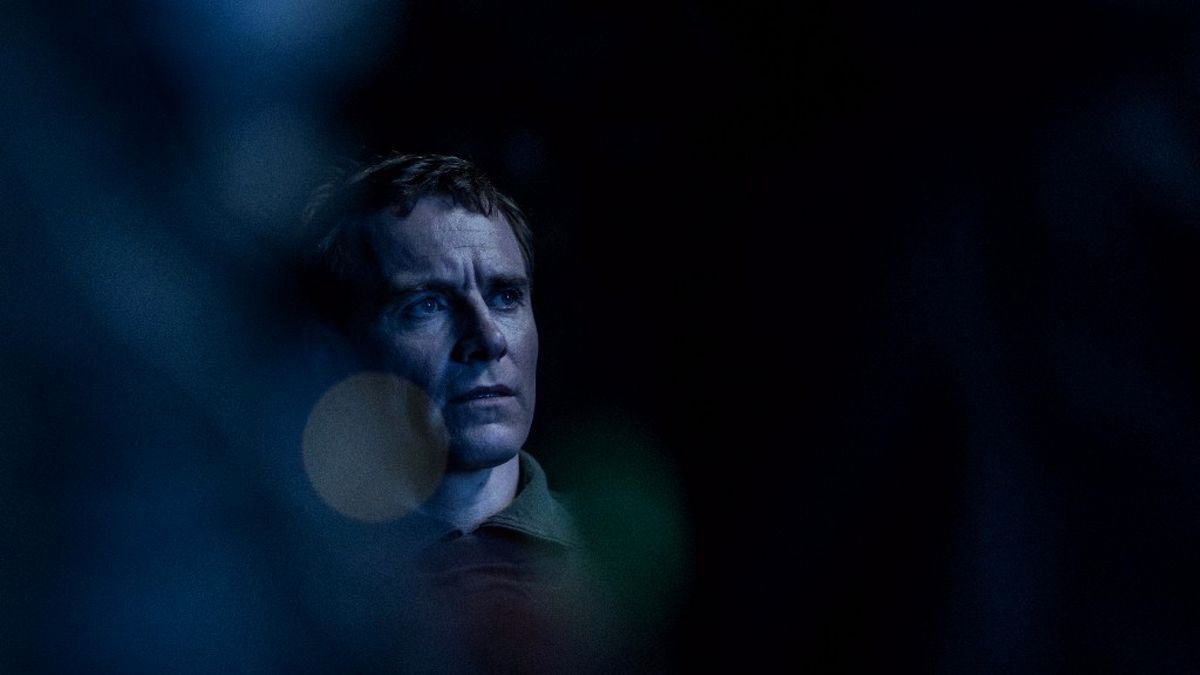
The Alien franchise suffered from that indecisiveness. Prometheus examined the Pandora’s box effect, seeking answers about the creation of humanity and getting more than you bargained for. It was a fresh take, branching away from tradition to focus on the development of the Engineers and their complicated relationship with humanity which could prove to be our destruction. Borrowing elements from Blade Runner, the exploration of David (Michael Fassbender) became the central focal point of an android wanting to break free of his maker and become a literal God. While the film suffered notable shortcomings both in characterisation and questionable moments, it didn’t stop the vocal brigade by declaring they felt cheated. Fast forward to 2017 with Ridley Scott reversing his stance on Prometheus and Alien Covenant becomes a compromised vision of appeasement which did very little to satisfy the audience. Covenant became an Alien clone, saved only by Fassbender’s standout performance. Now with the Disney takeover of 20th Century Fox, it looks like any potential film to conclude David’s journey is now dead.
This is not about not being able to express an opinion or an attack on those who engage responsibly. This is not George Orwell’s 1984. It is perfectly fine to have various degrees of opinions. It’s how we choose to express it and how we channel that energy is the key.
Films and TV shows will never satisfy everyone but criticism should be expressed in a way that doesn’t a) constantly descend into an exhausting fighting match or b) taking frustrations out at community members, the industry and the content creators simply because we don’t like change. But most importantly, criticism must evolve pass the common personal tropes that neither engages or communicates effectively those reasons. By doing so, it raises the quality of the debate rather than bring it down.
Some perspective, objectivity and most of all patience is sorely needed.
We all share that collective responsibility and as The Last Jedi tries to point out, it’s all about finding a new and cohesive balance.

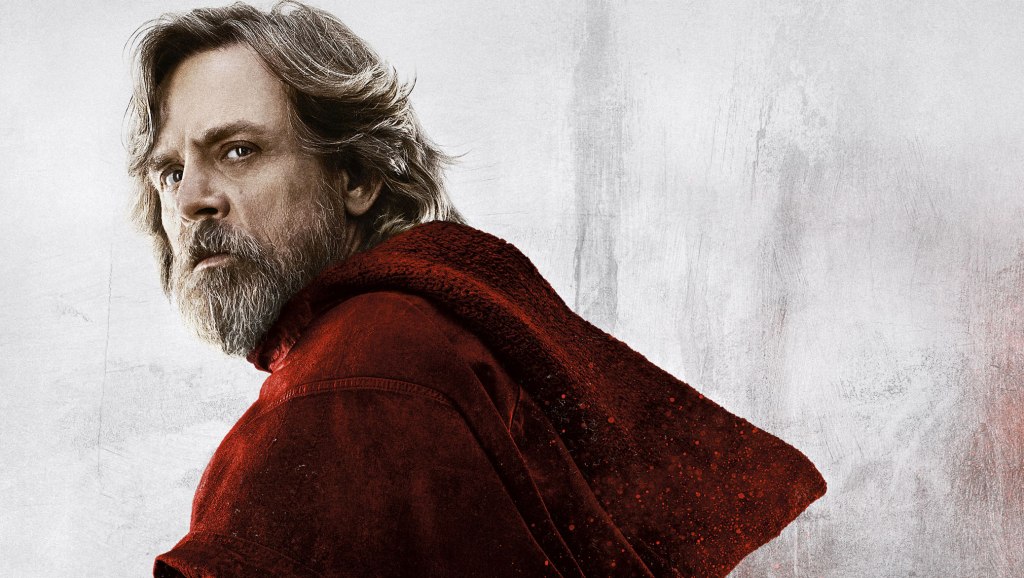
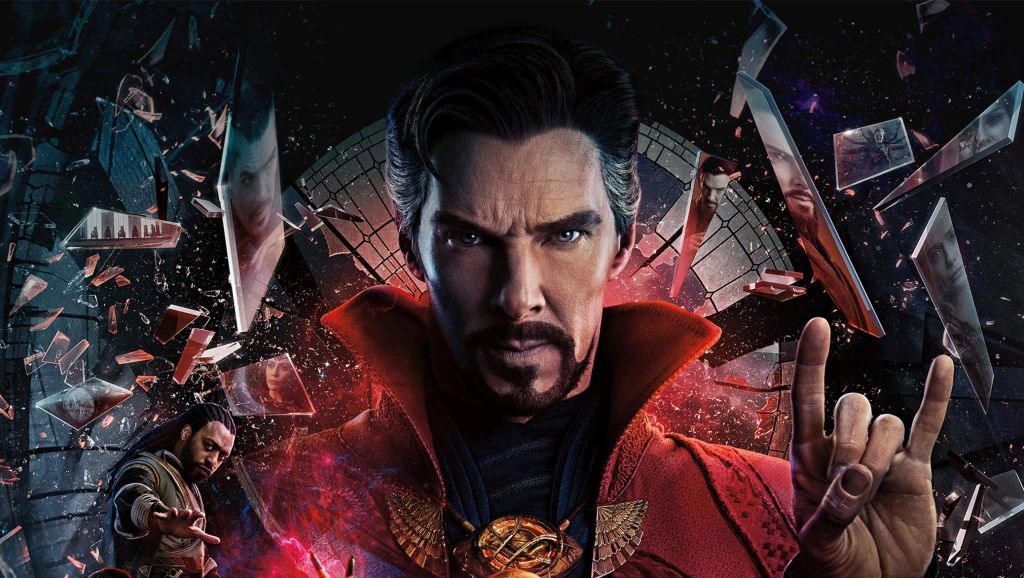
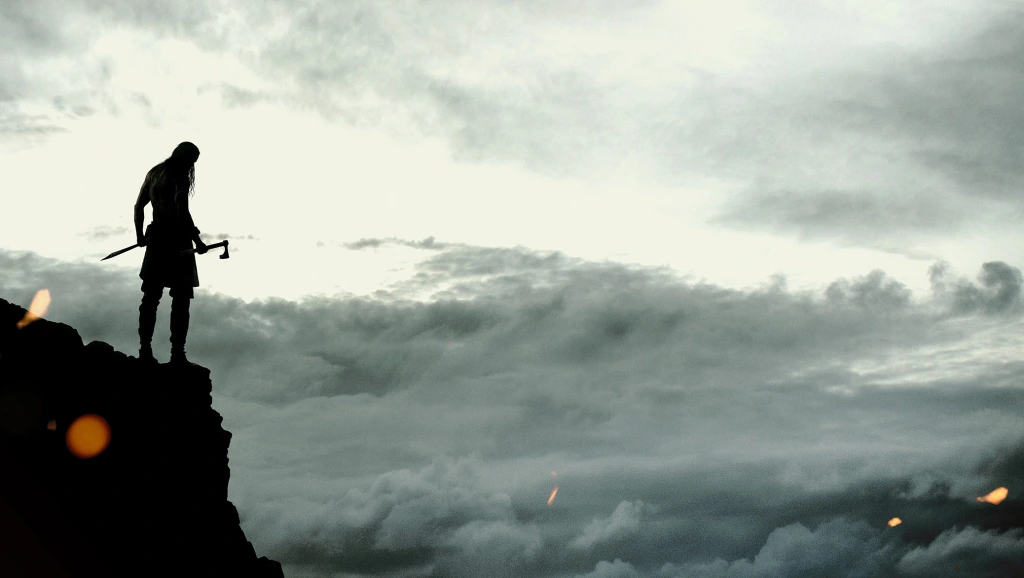
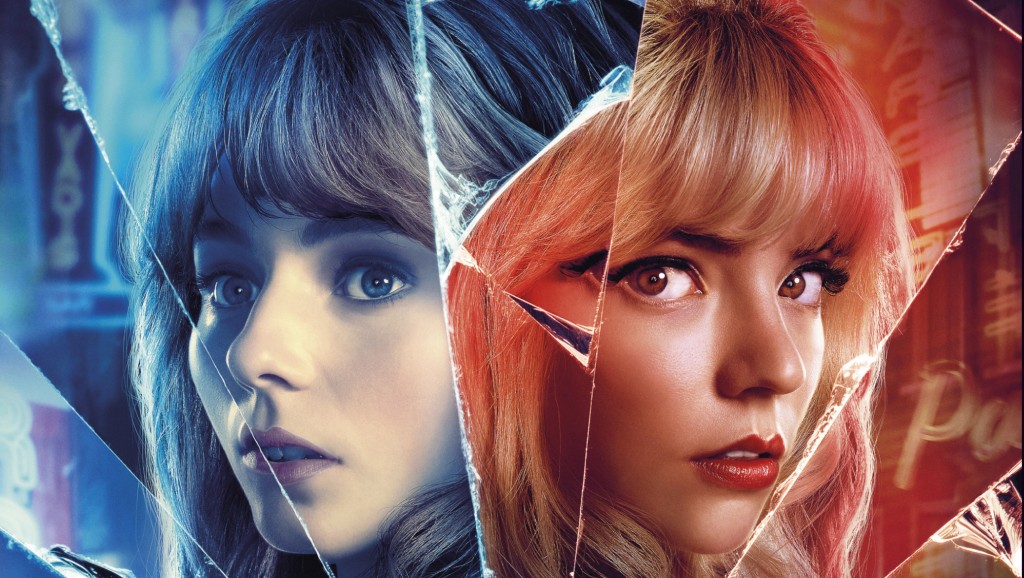
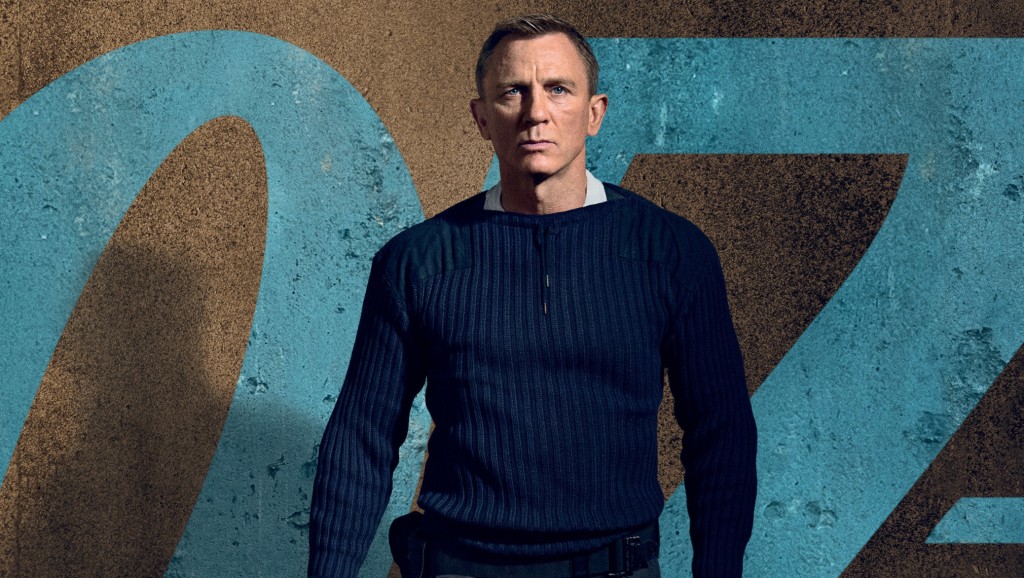
Don’t Be Shy – Leave a Reply